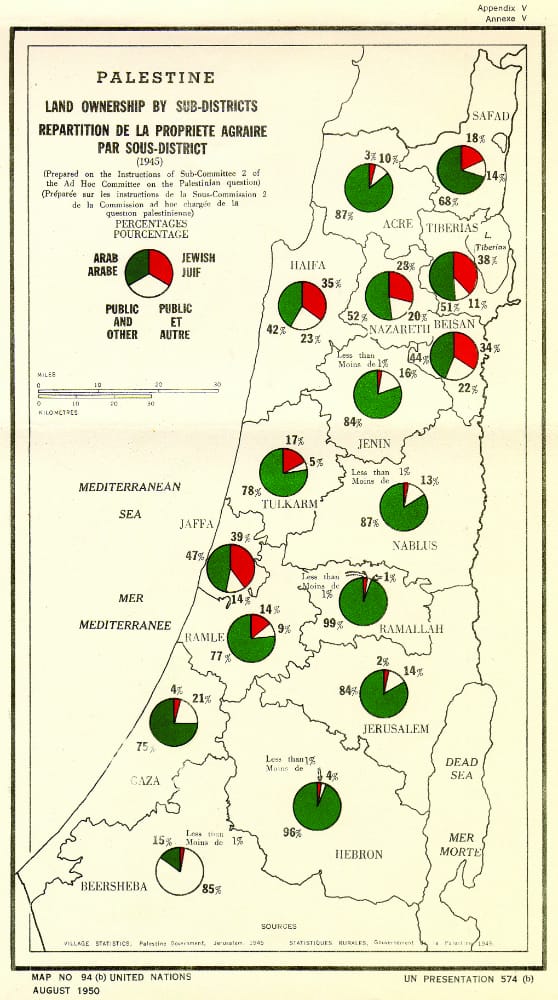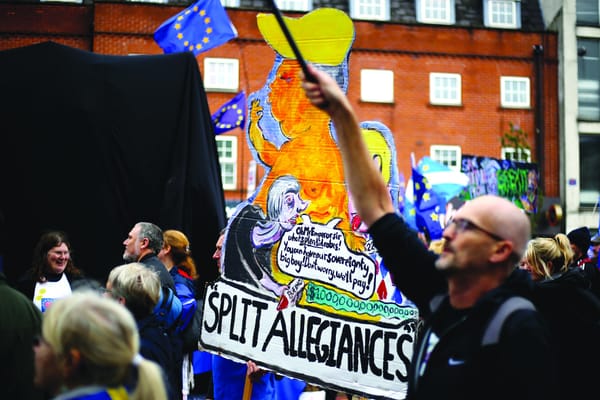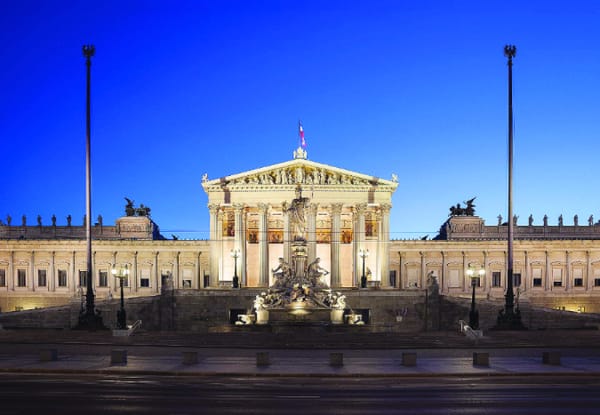The Balfour Declaration: a century on
The result of this poorly-worded document, which did not help Palestinians, nor those fleeing anti-Semitism? A century of conflict and misery.

When people hear about Palestine and Israel, they usually know ‘something’s going on there’ but few seem to understand what exactly is happening, and most importantly how the conflict originated. There are many factors, but it is widely agreed that the Palestinian-Israeli conflict can be traced back to the Balfour Declaration, which was signed 100 years ago this week. And so, with a century passing since the beginning of a long and tragically painful conflict, it might be about time to actually take a step back and understand the repercussions of this three-paragraph long document and what it meant for world history and settler colonialism.
“With a century of conflict, it’s time to take a step back, and understand the repercussions of this document”
‘So what exactly is the Balfour declaration?’ you may be asking yourself. Well, it is quite literally a page-long document signed by the British Foreign Secretary at the time, Sir Arthur Balfour, in which he states that his government “expresses sympathy with Jewish Zionist aspirations” and “view with favour the establishment in Palestine of a national home for the Jewish people”, essentially signing off the land of Palestine to Jewish people fleeing anti-Semitism and persecution in Europe, despite Britain not owning this land in the first place. This was vital to the Zionist cause, which aims to establish a safe, Jewish homeland. And although it is true that Zionism is a method through which the Jewish people may escape anti-Semitism, it does not take into account the fact that their homeland of choice was already inhabited by the Palestinians, and thus would require extensive ethnic cleansing were it to become a solely Jewish state.

However, even when they were giving away a land that was not theirs to give in the first place, the British government was still vague and inconclusive even in doing that: they also stated “nothing shall be done which may prejudice the civil and religious rights of existing non-Jewish communities in Palestine”. By taking a look at the population distribution in Palestine, we can see that, even up until 1945, the Jewish population was clearly a minority, so the real question is: how did Britain intend to support those who wished for the ethnic cleansing of indigenous Palestinians, whilst also ensuring the Palestinians’ civil and human rights were not compromised, and that they were protected? Britain managed to support two conflicting and mutually exclusive movements in this document, and thus establishes precedent for both involved parties to argue that they are the ones that the imperialistic power is supporting.
“We let down both Palestinians and the Jewish people fleeing persecution by failing to address anti-Semitism, and by partitioning Palestine in such a manner”
Despite the lack of awareness with which this situation was handled, this declaration was not merely a careless mistake made by the British government. Supporting the Zionist cause and allowing the occupation of Palestine (and hence the development of an apartheid state in the Middle East that economically and politically depended on Britain) allowed them to maintain control the area, without being called an imperialistic state – officially, they were no longer colonising Palestine themselves. It was the perfect method, not only for Britain but for Europe too, to avoid making any effort to fight the ongoing anti-Semitism that dated back to the 1400s and beyond – from the Spanish inquisition and persecution of Sephardic Jews, going through the infamous Russian pogroms, and finally reaching breaking point after the Holocaust.
“100 years on, we have failed to carry out a meaningful reflection”
Jewish people have been through years of unjust persecution, and it is because of this that the Zionist ideology blossomed. However, this persecution does not justify the Israeli government’s occupation of Palestine, and the resulting ethnic cleansing and human rights violations that have been reported by the United Nations, as well as by Humans Right Watch. We let down both Palestinians and Jewish people fleeing persecution by failing to address the issue of anti-Semitism, and by partitioning Palestine in such an unaware manner. A century later, we have failed to carry out any sort of meaningful reflection on the situation, and the conflict remains in a painful status quo. How many more anniversaries will pass before we take action?










